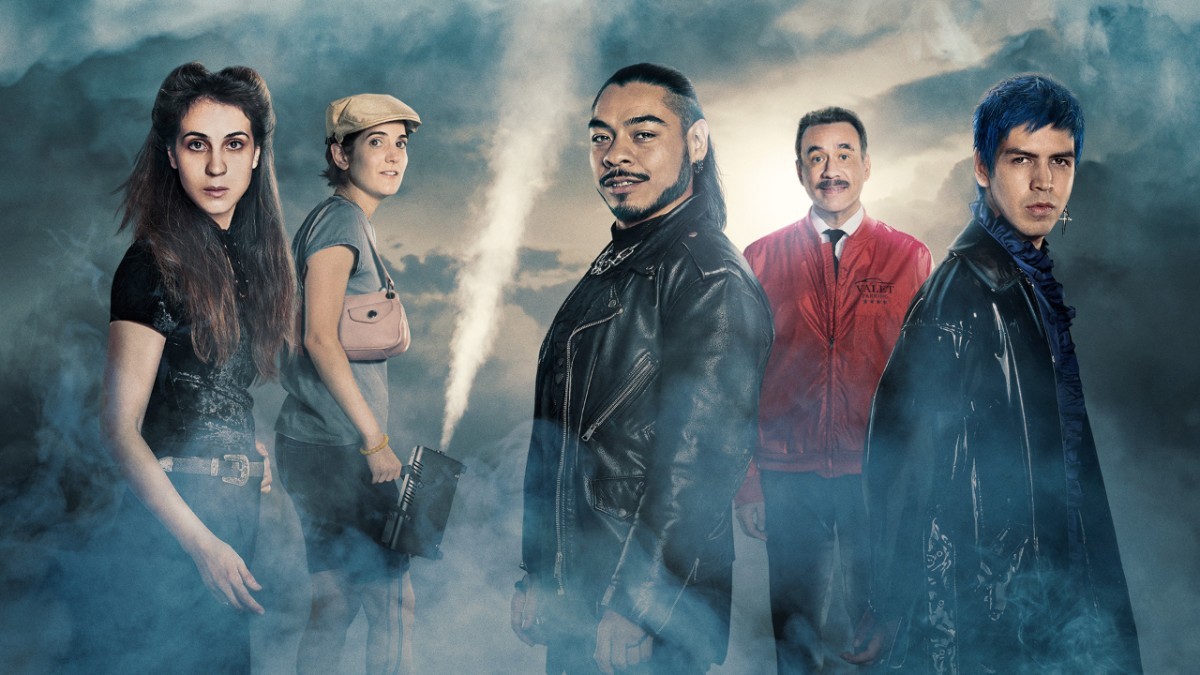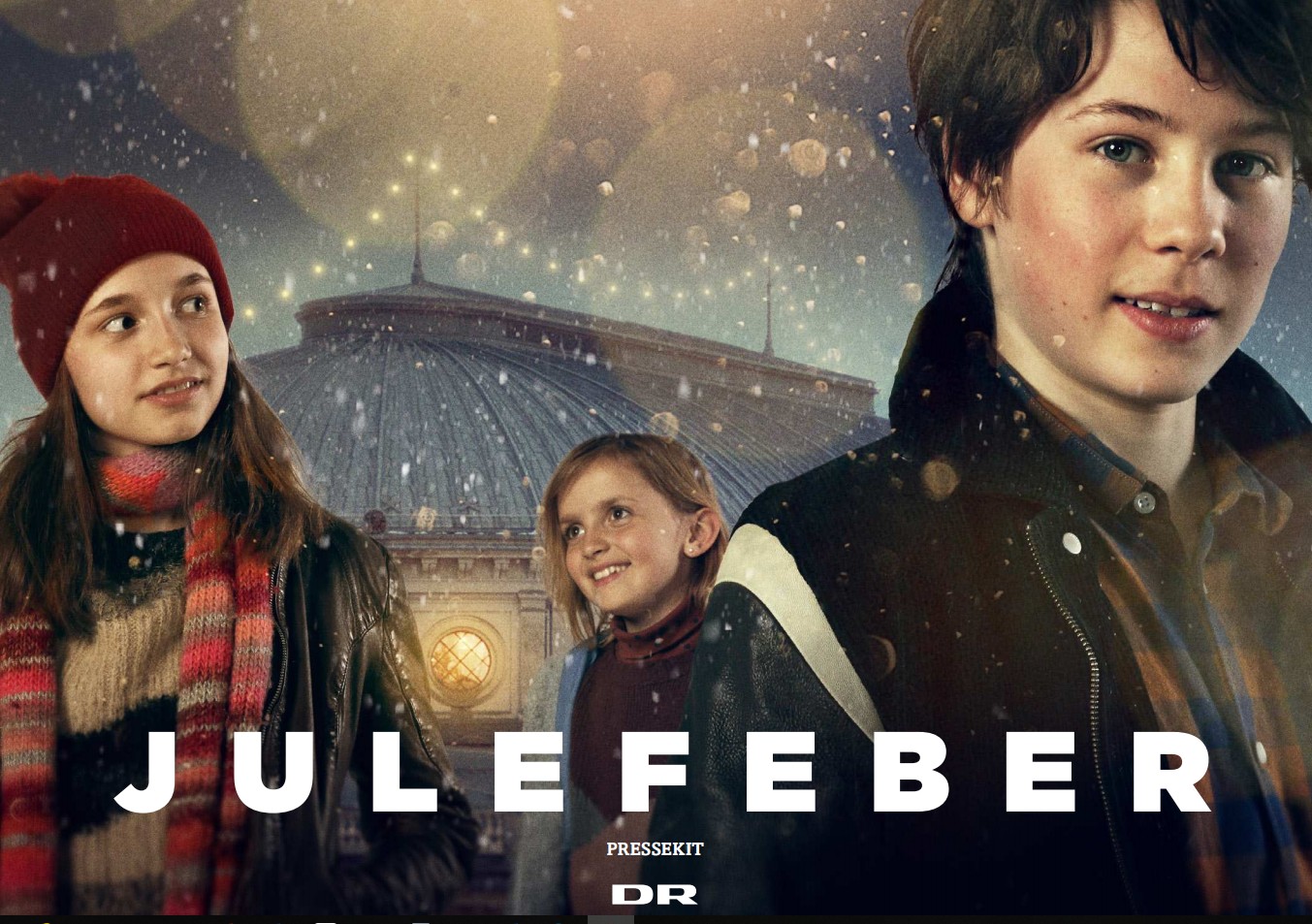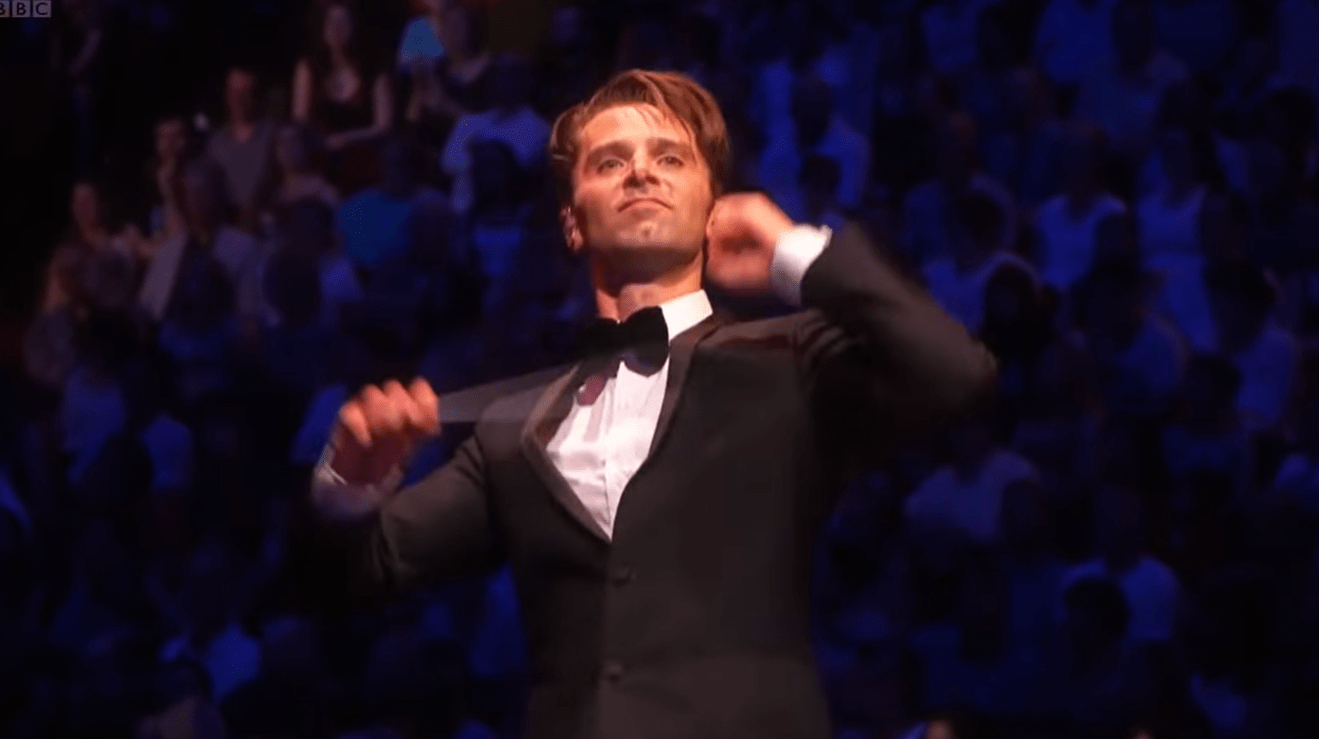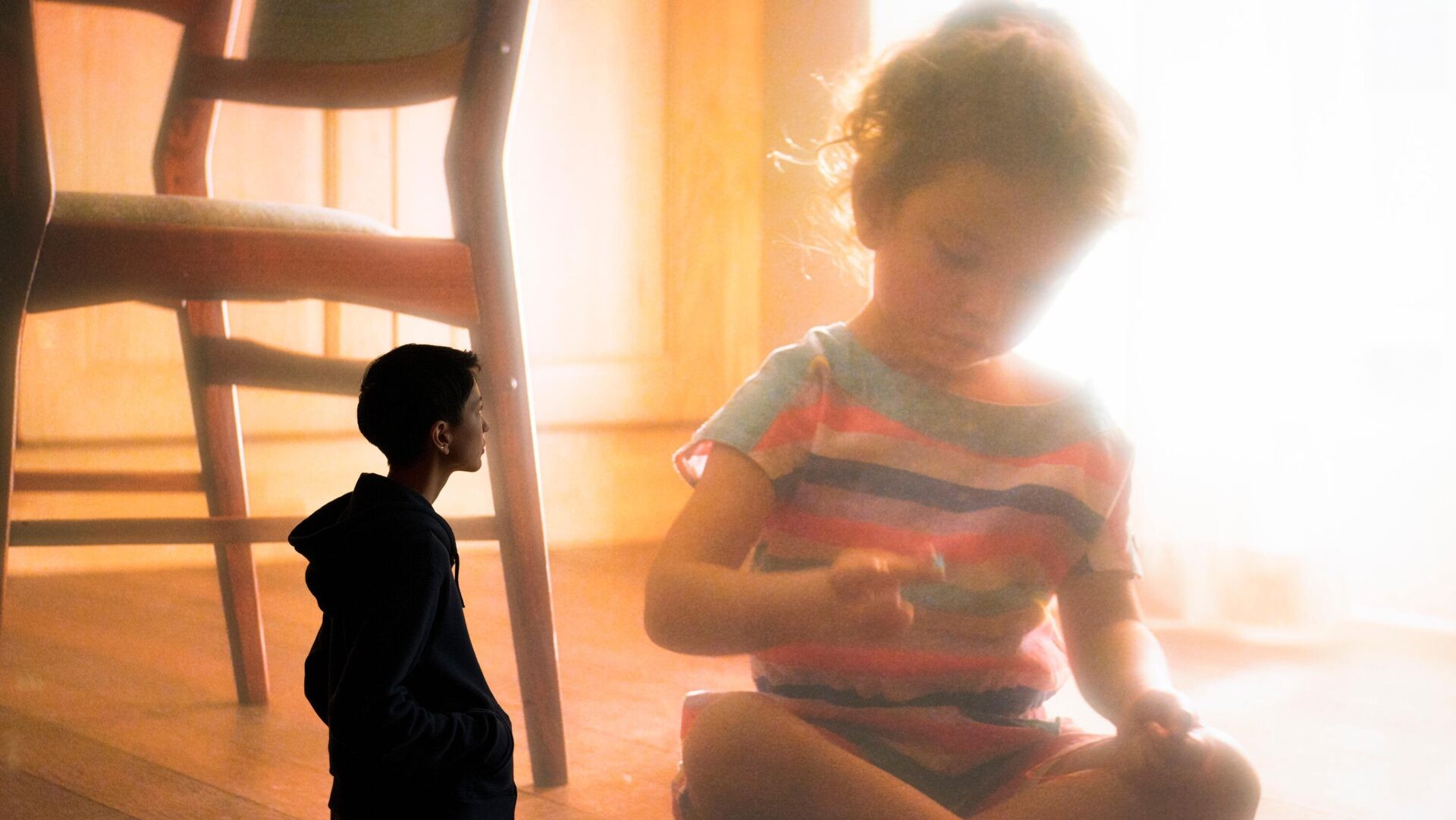
Dr Michael Samuel (Warwick) and Dr Louisa Mitchell (Independent Scholar) **contact email: **asiapacificscreencultures@gmail.com To the surprise of analyst expectations, at the end of 2019 Netflix recorded a record-high growth in subscribers and revenue outside of the United States, specifically in its Asia-Pacific region.









